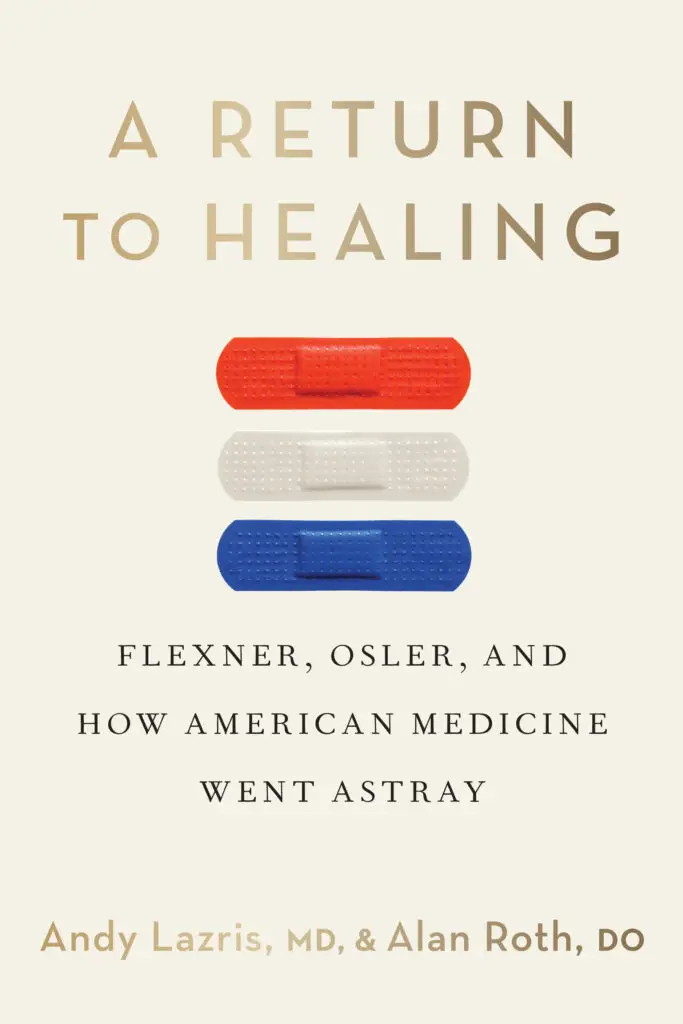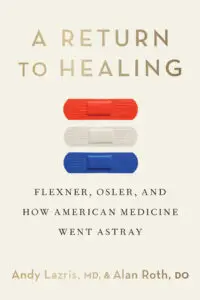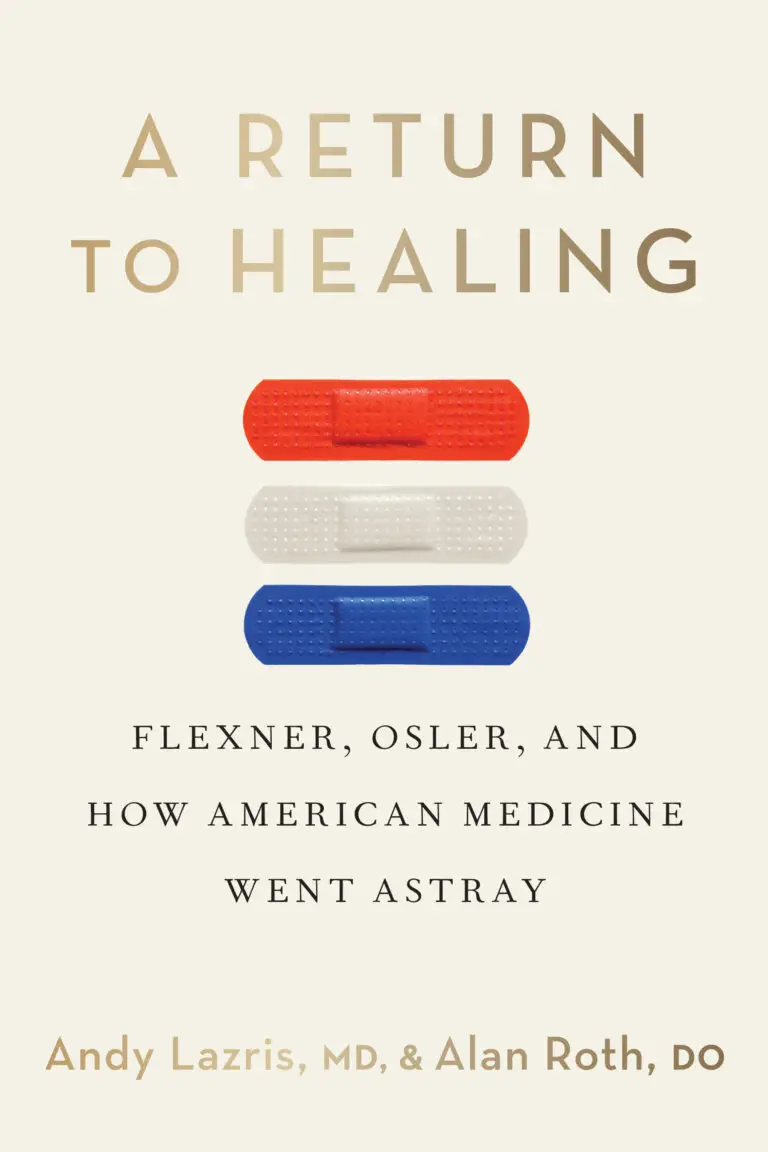Not all kidney disease is dangerous. Learn why age-based overdiagnosis is a growing concern.
Chronic kidney disease (CKD) is a serious condition—but not every drop in kidney function is dangerous. In fact, many older adults are being diagnosed with CKD based on normal, age-related changes in kidney function. These diagnoses often lead to fear, unnecessary tests, referrals, and treatment plans that may offer no benefit.
In this article from American Family Physician, Drs. Andy Lazris and Alan Roth explain how the use of eGFR alone to diagnose CKD in older adults has created a wave of overdiagnosis, driving up healthcare costs and patient anxiety. With patient voices included, the article emphasizes the need for age-appropriate clinical criteria and better communication between doctors and patients.
CKD in Older Adults: Rethinking What’s Normal
Chronic kidney disease is commonly diagnosed using estimated glomerular filtration rate (eGFR)—a calculation based on age, gender, and serum creatinine. But in older adults, eGFR naturally declines over time, even in the absence of any true kidney damage.
The article emphasizes that nearly half of adults over 75 are labeled as having stage 3 CKD using current criteria. Yet most of these individuals will never experience symptoms, complications, or disease progression. Their kidney function remains stable, and they’re more likely to die of unrelated causes than kidney failure.
Despite this, the CKD label often leads to:
Unnecessary specialist referrals
Frequent, costly lab monitoring
Additional medications
Dietary restrictions that may reduce quality of life
Increased patient anxiety and confusion
The key issue? CKD guidelines do not account for normal aging. This creates a mismatch between diagnostic thresholds and clinical reality—especially in geriatric patients.
By treating normal aging as disease, we risk turning healthy people into patients. This approach leads to overtreatment, added costs, and missed opportunities to focus on interventions that genuinely improve well-being—like managing blood pressure, preventing falls, or preserving mobility.
A Return to Healing: Less Fear, More Listening
This piece reinforces a key theme in A Return to Healing: we must stop labeling patients with diseases they don’t truly have. Diagnosis should be rooted in context, not just numbers—especially when those numbers don’t predict worse outcomes.
By understanding how kidney function changes with age, physicians can avoid overreacting to lab results and focus on what actually supports a patient’s health and quality of life.







